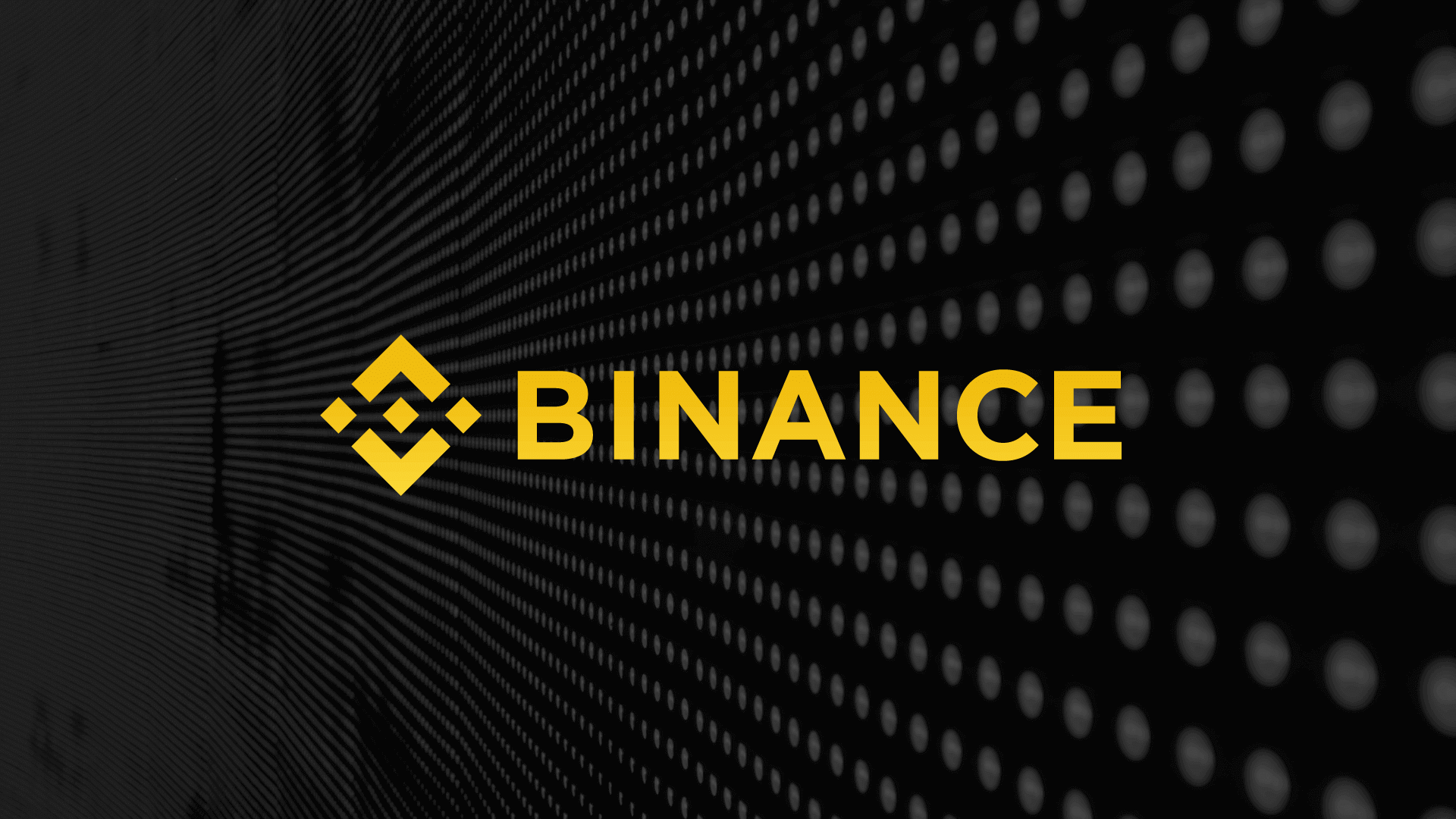India Demands $86 Million from Binance for Taxes
06.08.2024 16:00 1 min. read Alexander Stefanov
India’s Directorate General of GST Intelligence (DGGI) has issued a notice to Binance, demanding a payment of about $86 million for Goods and Services Tax (GST).
This is the DGGI’s first major move against a cryptocurrency firm, marking a significant development in regulatory enforcement.
The notice addresses GST on fees collected from Indian users trading virtual assets on Binance’s platform. Despite Binance’s extensive global presence and substantial market share, it had not registered for GST in India, leading to this regulatory action.
Reports indicate that Binance earned approximately $476 million from transaction fees in India, with these earnings routed through its Seychelles-based subsidiary. In response, Binance has hired local legal counsel in India to resolve the issue.
READ MORE:

Elon Musk vs. OpenAI: The Legal Feud Returns
Earlier this year, Binance also faced a fine from India’s Financial Intelligence Unit (FIU) for non-compliance with anti-money laundering regulations. The FIU has stressed the need for improved compliance from Binance under the Prevention of Money Laundering Act (PMLA).
This scrutiny aligns with a global trend of increasing regulatory pressure on cryptocurrency exchanges. For instance, Binance was recently charged with tax evasion in Nigeria for avoiding Value-Added Tax (VAT) and Company Income Tax.
-
1
Trump Imposes 50% Tariff on Brazil: Political Tensions and Censorship at the Center
10.07.2025 7:00 2 min. read -
2
Key Crypto Events to Watch in the Next Months
20.07.2025 22:00 2 min. read -
3
USA Imposes Tariffs on Multiple Countries: How the Crypto Market Could React
08.07.2025 8:30 2 min. read -
4
UAE Regulators Dismiss Toncoin Residency Rumors
07.07.2025 11:12 2 min. read -
5
Majority of U.S. Crypto Investors Back Trump’s Crypto Policy, Survey Finds
05.07.2025 18:09 2 min. read
Two Upcoming Decisions Could Shake Crypto Markets This Week
The final days of July could bring critical developments that reshape investor sentiment and influence the next leg of the crypto market’s trend.
Winklevoss Slams JPMorgan for Blocking Gemini’s Banking Access
Tyler Winklevoss, co-founder of crypto exchange Gemini, has accused JPMorgan of retaliating against the platform by freezing its effort to restore banking services.
Robert Kiyosaki Warns: ETFs Aren’t The Real Thing
Renowned author and financial educator Robert Kiyosaki has issued a word of caution to everyday investors relying too heavily on exchange-traded funds (ETFs).
Bitwise CIO: The Four-Year Crypto Cycle is Breaking Down
The classic four-year crypto market cycle—long driven by Bitcoin halvings and boom-bust investor behavior—is losing relevance, according to Bitwise CIO Matt Hougan.
-
1
Trump Imposes 50% Tariff on Brazil: Political Tensions and Censorship at the Center
10.07.2025 7:00 2 min. read -
2
Key Crypto Events to Watch in the Next Months
20.07.2025 22:00 2 min. read -
3
USA Imposes Tariffs on Multiple Countries: How the Crypto Market Could React
08.07.2025 8:30 2 min. read -
4
UAE Regulators Dismiss Toncoin Residency Rumors
07.07.2025 11:12 2 min. read -
5
Majority of U.S. Crypto Investors Back Trump’s Crypto Policy, Survey Finds
05.07.2025 18:09 2 min. read

